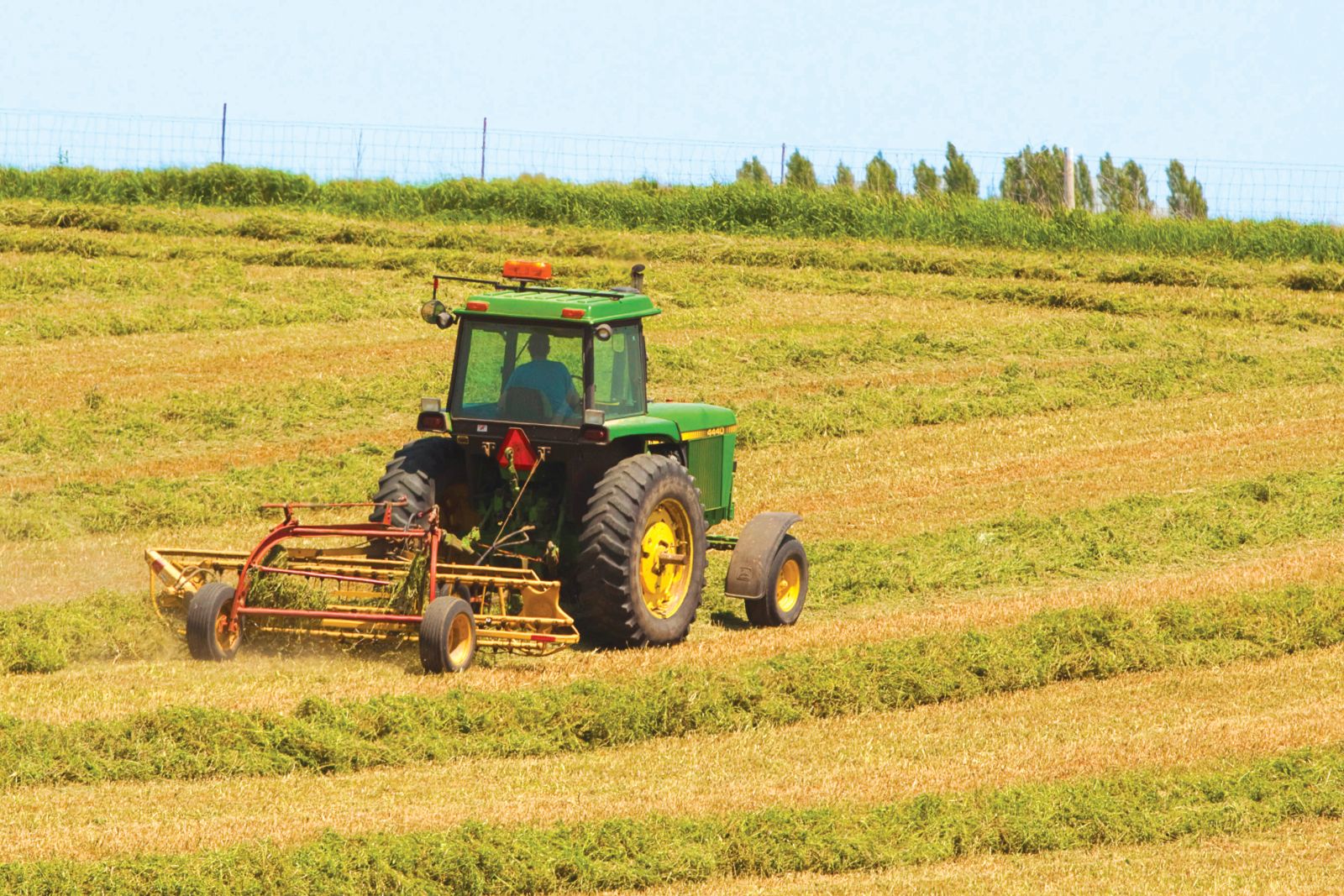 Oftentimes a property owner will lease their crop land to a neighboring farmer because they don’t have the equipment and don’t want the hassle of farming. This can be an advantage for several reasons; 1) the farmer will likely have an interest in controlling the weeds so they can grow a crop and you won’t have to do that. 2) If you are in the Current Use Program now or want reduced taxes, the farmer can help you produce enough income (min. 5 acre parcel) to prove to the governing county that you produce at least $200 gross income per acre per year. This is sufficient motivation to allow someone to farm your property, but you should never allow any lease to happen without a written agreement.
Oftentimes a property owner will lease their crop land to a neighboring farmer because they don’t have the equipment and don’t want the hassle of farming. This can be an advantage for several reasons; 1) the farmer will likely have an interest in controlling the weeds so they can grow a crop and you won’t have to do that. 2) If you are in the Current Use Program now or want reduced taxes, the farmer can help you produce enough income (min. 5 acre parcel) to prove to the governing county that you produce at least $200 gross income per acre per year. This is sufficient motivation to allow someone to farm your property, but you should never allow any lease to happen without a written agreement.
The reality is that most ground leases are negotiated verbally over the hood of a pickup and are vague at best, never being documented. Your version of the agreement may seem totally different than the farmers when it’s time to settle up or when things change and you need to sell. You may think your handshake agreement works fine, but there are some recent cases that suggest there is a better business practice.
In a recent case a farmer spent a couple of years and invested many thousands of dollars spraying weeds, cultivating ground, removing old fencing wire and applying fertilizer to a large parcel where he had a verbal lease. The property owner, whose life abruptly changed because of health issues, decided to sell portions of the property. Now the farmer is without recourse to recoup his huge investment unless the new owners agree to continue leasing the property to him. It would take a few more years of harvest to make his investment pay off.
In another case, a property buyer requested that a planted crop of sunflowers be sprayed and killed prior to closing, because they didn’t want to deal with the stubble that would be left after harvest. The seller had to compensate the farmer for the loss of crop, for the fertilizer and seed and the cost of spray to kill the emerging growth. The difference in this case was that there was a written lease that covered the farmer. That made the difference for the seller too because he was readily able to calculate his obligation to the farmer and there was no question about what the agreement was.

Jim Palmer, Jr.
509-953-1666
www.JimPalmerJr.com

See my blogs at:
www.RealEstateMarketPlc.com
Two Multiple Listing Services
Professional Representation for Buyers & Sellers
Residential • Acreage • Residential Acreage
Waterfront • Ranch • Farm